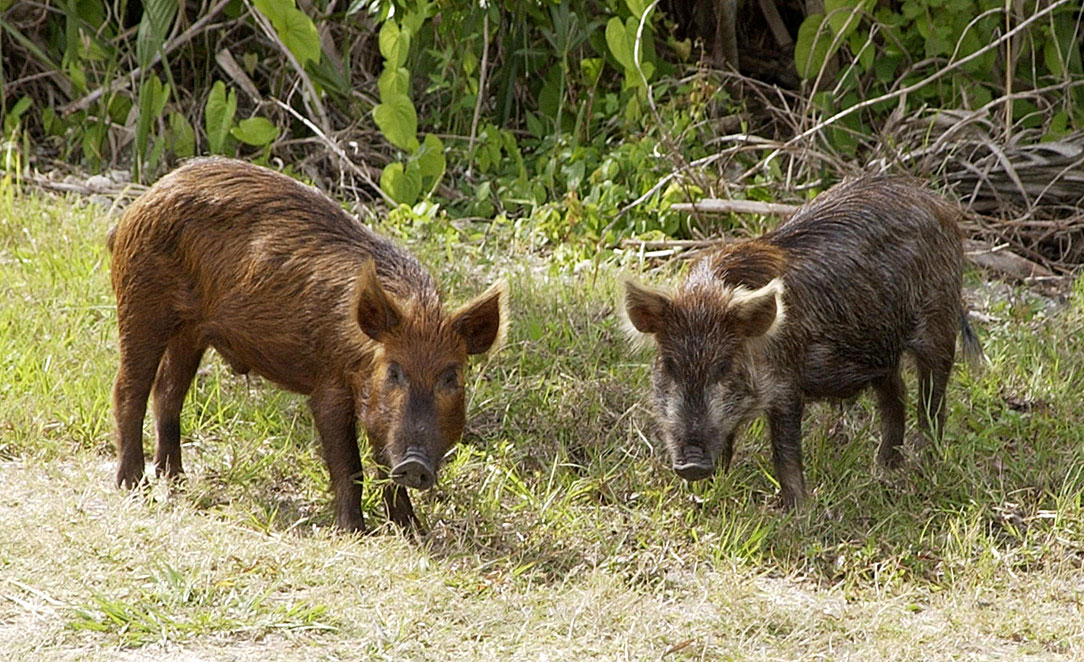The best time to hunt wild hogs is typically during the fall and winter months. This is when the animals are most active and easier to spot. However, it is important to check with local hunting regulations before heading out, as some areas may have specific seasons for hog hunting.
What type of terrain is best for hunting wild hogs?
The best terrain for hunting wild hogs depends on the type of hunt you are looking for. If you want to still-hunt, then look for areas with thick cover that offer good visibility. If you are looking to do a spot-and-stalk hunt, then open areas with little vegetation are better, as they will allow you to spot the animals from a distance. Either way, always be sure to check with local hunting regulations before heading out, as some areas may have specific requirements for hog hunting.
What are the best weapons and ammunition for hunting wild hogs?
The best weapons for hunting wild hogs are typically either a shotgun or a rifle. For shotguns, choose one that is chambered in 12 or 20 gauge and use slugs or buckshot. For rifles, a caliber between .223 and .308 is ideal. As for ammunition, choose something that will penetrate well, such as hollow point or solid copper bullets. Again, always check with local hunting regulations before heading out, as some areas may have specific requirements for hog hunting.
How to prepare for a hog hunt
There are a few things you can do to prepare for a hog hunt. First, become familiar with the area you will be hunting. This means learning about the terrain and the local wildlife. Second, make sure you have the proper weapons and ammunition. Third, practice your shooting. This is especially important if you will be using a rifle, as hogs can be difficult to take down with one shot. Finally, always check with local hunting regulations before heading out, as some areas may have specific requirements for hog hunting.
What to do after you’ve killed a hog
After you have killed a hog, the first thing you need to do is field dress the animal. This involves removing the internal organs from the carcass. Next, you will need to transport the hog back to your vehicle or campsite. If you are not going to be eating the meat, then you can donate it to a local food bank or wildlife rehabilitation center. Finally, always check with local hunting regulations before heading out, as some areas may have specific requirements for hog hunting. Thanks for reading! We hope this was helpful and that you have a successful hunt!
The benefits of hunting wild hogs
There are many benefits to hunting wild hogs. First, it helps to control the population of these animals, which can be damaging to local ecosystems. Second, it provides a source of food for those who choose to eat the meat. Third, it can be a fun and challenging way to spend time outdoors. Finally, always check with local hunting regulations before heading out, as some areas may have specific requirements for hog hunting. Thanks for reading! We hope this was helpful and that you have a successful hunt!

Leave a Reply